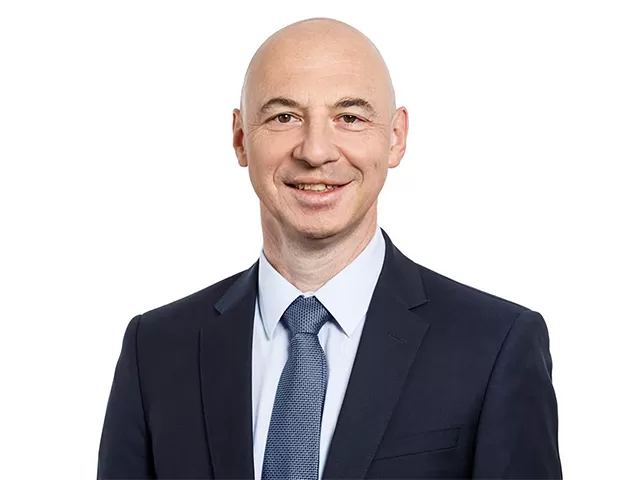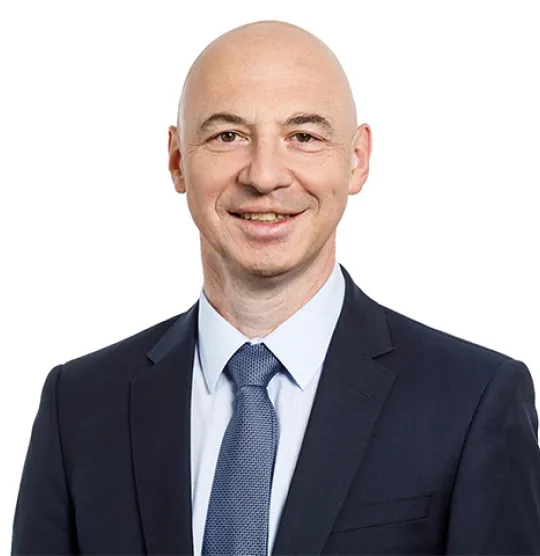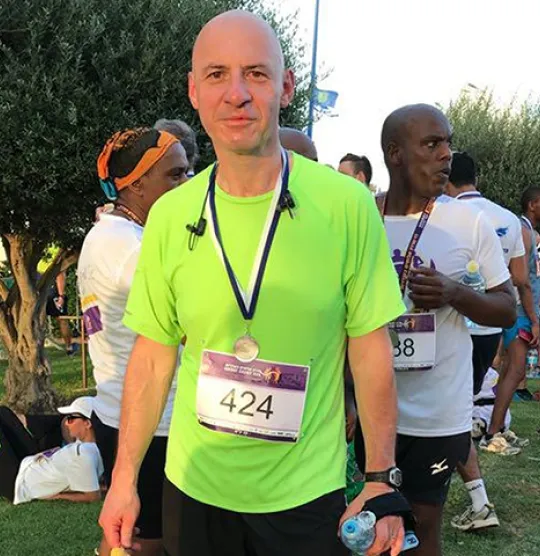
Elbit's Senior Executive Sheds Light on Southern Israel's Security and Economic Catalyst
In an interview, Arie Chernobrov shares insights into ELSEC's integral role in regional security and fostering community resilience.
Nestled in the southern Israeli town of Sderot, ELSEC, a subsidiary of Elbit Systems, has established itself as a key player in various areas. They excel in safeguarding and monitoring the "Karish" gas field, as well as developing state-of-the-art combat electro-optic features for IDF soldiers and law enforcement forces.
This dynamic company not only boasts exceptional expertise in the field of Homeland Security technology (HLS), but also serves as a major employer for over 200 individuals. It is worth noting that half of these dedicated professionals are talented engineers residing in the southern-peripheral region of Israel, near the Gaza strip.
The upcoming Sderot Committee for Economic Development presents an excellent opportunity to engage in conversation with Arie Chernobrov, the Senior Vice President of Land Electro-Optics Systems at Elbit and former CEO of ELSEC. Chernobrov's extensive experience and expertise in the field make him an invaluable resource for gaining insights into the company's success and the industry as a whole.
When reflecting on his tenure and role, Chernobrov enthusiastically shares, "Throughout my years at Elbit, I have had the privilege of serving in diverse field and management positions. At present, I am responsible for leading the development and production of advanced on-land electro-optic solutions and products. This includes a wide range of offerings, from cutting-edge inbound and outbound systems designed for tanks and heavy combat vehicles to highly advanced laser systems tailored for ground and airborne striking weapons."
Chernobrov, originally from Riga, Latvia, relocated to Israel with his family at the age of 7. His wife, Hilit, is a dedicated teacher at a local high school in the city of Rehovot. After serving as an EW (Electronic Warfare) technician in the Israeli Air Force, Chernobrov began his journey at Elbit through a student job opportunity.
He reminisces, "Initially, I was expected to fill this position for a mere three months, but somehow, fate intervened, and I found myself remaining with the company for an incredible 34 years, experiencing various roles and responsibilities."
Beyond his professional achievements, Chernobrov treasures spending quality time with his family and actively participating in sports and outdoor activities. These personal pursuits provide him with a balanced and fulfilling life outside the realm of his professional endeavors.
Under your leadership, what are the key technologies that ELSEC has focused on and made significant advancements in?
"We specialize in the development and manufacturing of advanced combat equipment, showcasing our expertise in the field. ELSEC has made remarkable strides in producing high-quality night vision goggles and on-arms thermic sights specifically designed for ground troops, among other related solutions. Moreover, our focus extends to the development and installation of innovative surveillance sensors and observation tools, catering to both ground and naval environments. These innovative products have found widespread adoption by law enforcement agencies and military units, not only in Israel but also around the globe."
Emphasizing ELSEC's significant role in ensuring national security and safeguarding critical infrastructure, Chernobrov highlights their involvement in protecting Israeli Railway stations, bridges, and rails. He explains, "Our strategically deployed sensors play a vital role in ensuring the safety of train operations by promptly alerting the main operations room to any potential threats or issues."
Additionally, ELSEC's expertise extends to securing the Karish gas field, which is situated in the Mediterranean, just a few dozen miles off the Israeli shoreline. Their advanced measures contribute to the protection and integrity of this important energy asset.
What factors influenced ELSEC's decision to establish its headquarters in the southern city of Sderot?
"Our long-standing presence in Sderot for over 40 years is a deliberate choice and not a coincidence. Elbit's strategy aligns with the vision of making the desert flourish. The southern region, especially in proximity to the Gaza Strip, has historically faced a scarcity of high-tech companies, resulting in limited job prospects for engineering professionals. Demonstrating our commitment to the southern area, Elbit has established operational facilities spanning across the entire country, from the northernmost to the southernmost parts of Israel, including the establishment of ELSEC's facility back in 1983."
Given that Tel Aviv is known for attracting a large pool of talented engineers, do you face challenges in recruiting top talent for your company?
"Approximately a decade ago, we adopted a new strategy that resulted in a significant surge in the demand for skilled workers. To overcome recruitment challenges, we actively encouraged talented engineers to consider relocating and settling in Sderot and nearby towns. These highly sought-after individuals, who were also in demand by other prominent high-tech companies, have now become the backbone of our workforce. Today, the ELSEC facility in the city serves as a catalyst for supporting numerous families, with nearly 80% of our employees residing in the southern region of Israel, including Sderot. It is truly inspiring to witness the positive impact we have on both national security and employment opportunities, which aligns with the core principles of Zionism," Chernobrov explains.
According to Chernobrov, it is of utmost importance to promote and encourage more companies to establish their operations in outlying areas of Israel. He emphasizes the significance of directing efforts towards such projects, as they contribute to economic growth and create opportunities in regions that often face challenges. "Building a thriving ecosystem in every part of the nation is a collective responsibility that should be embraced by all," he concludes.



